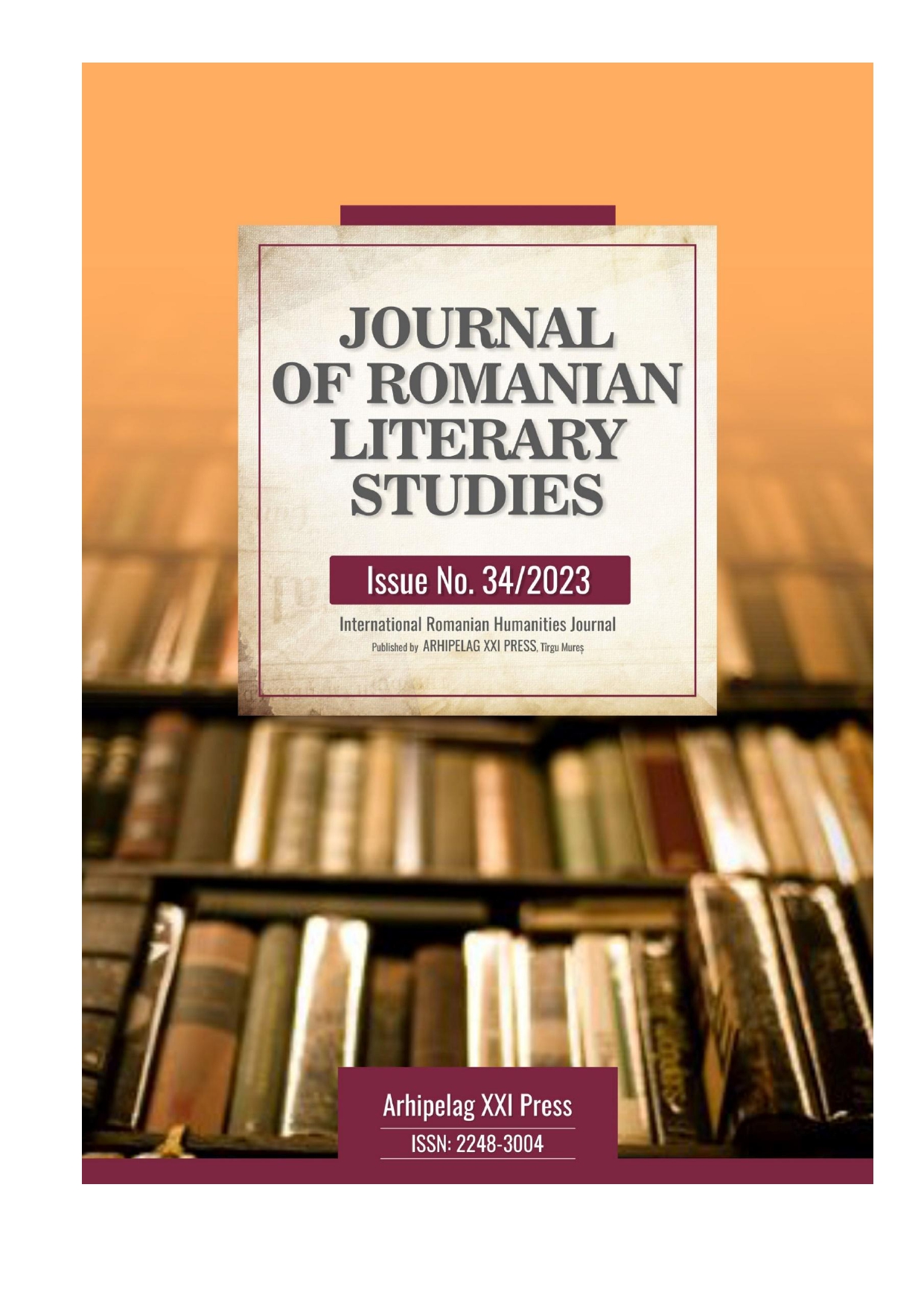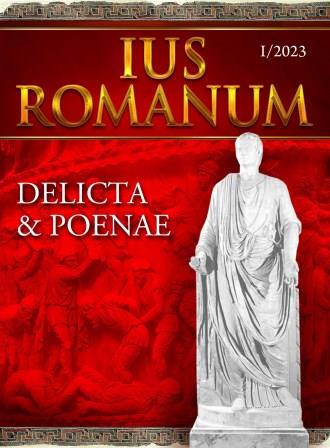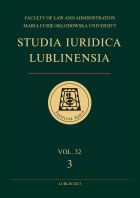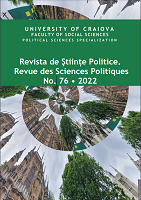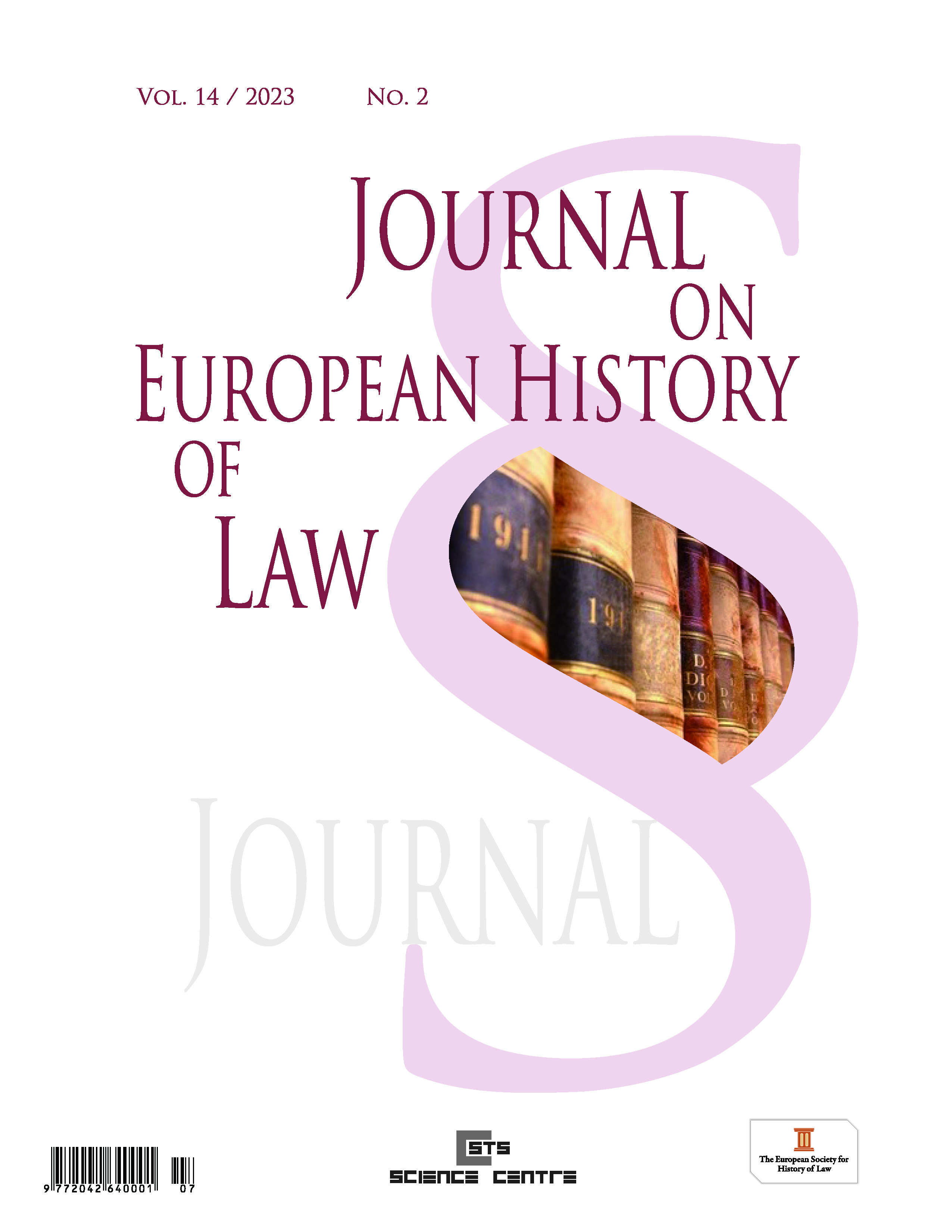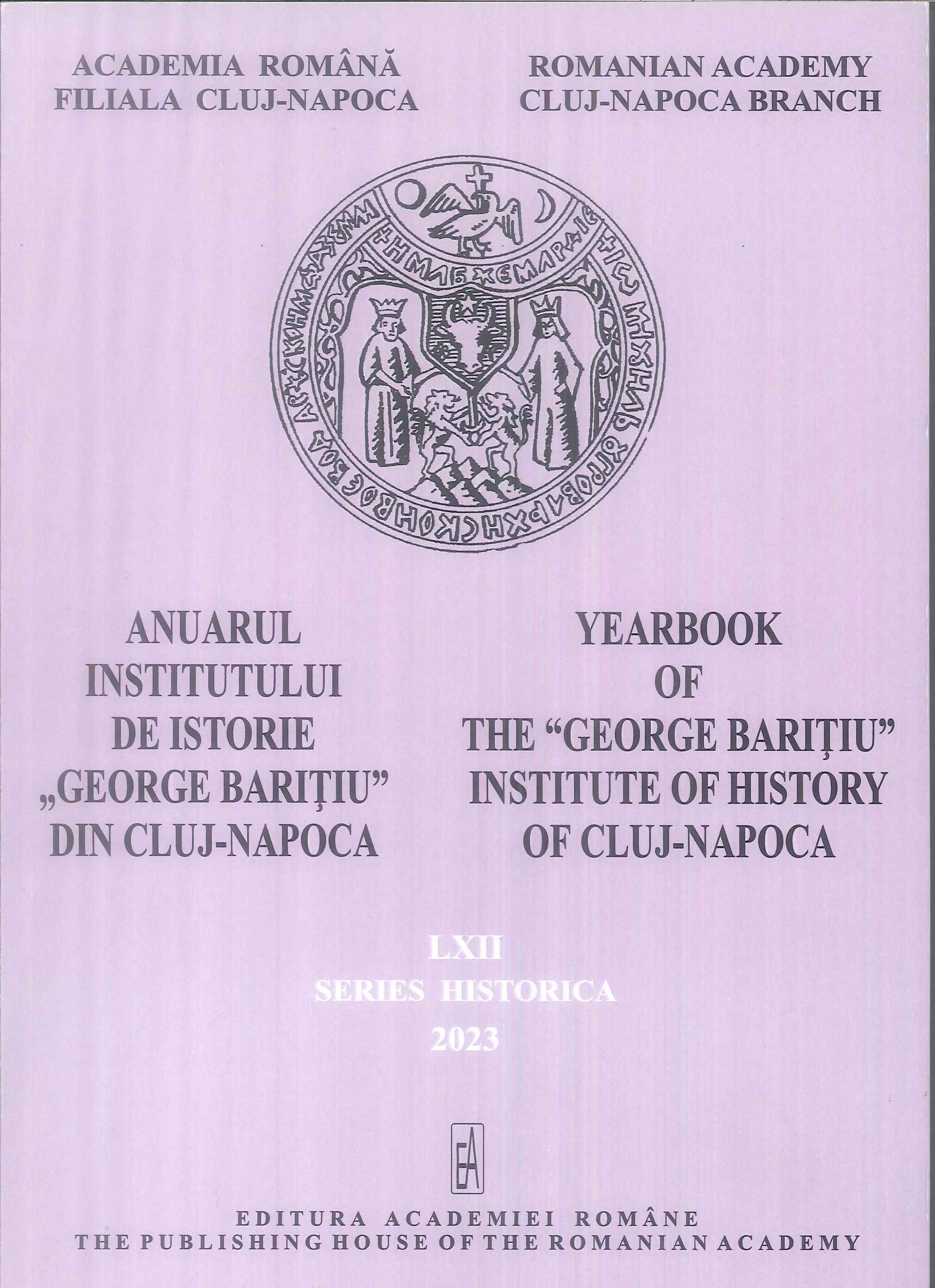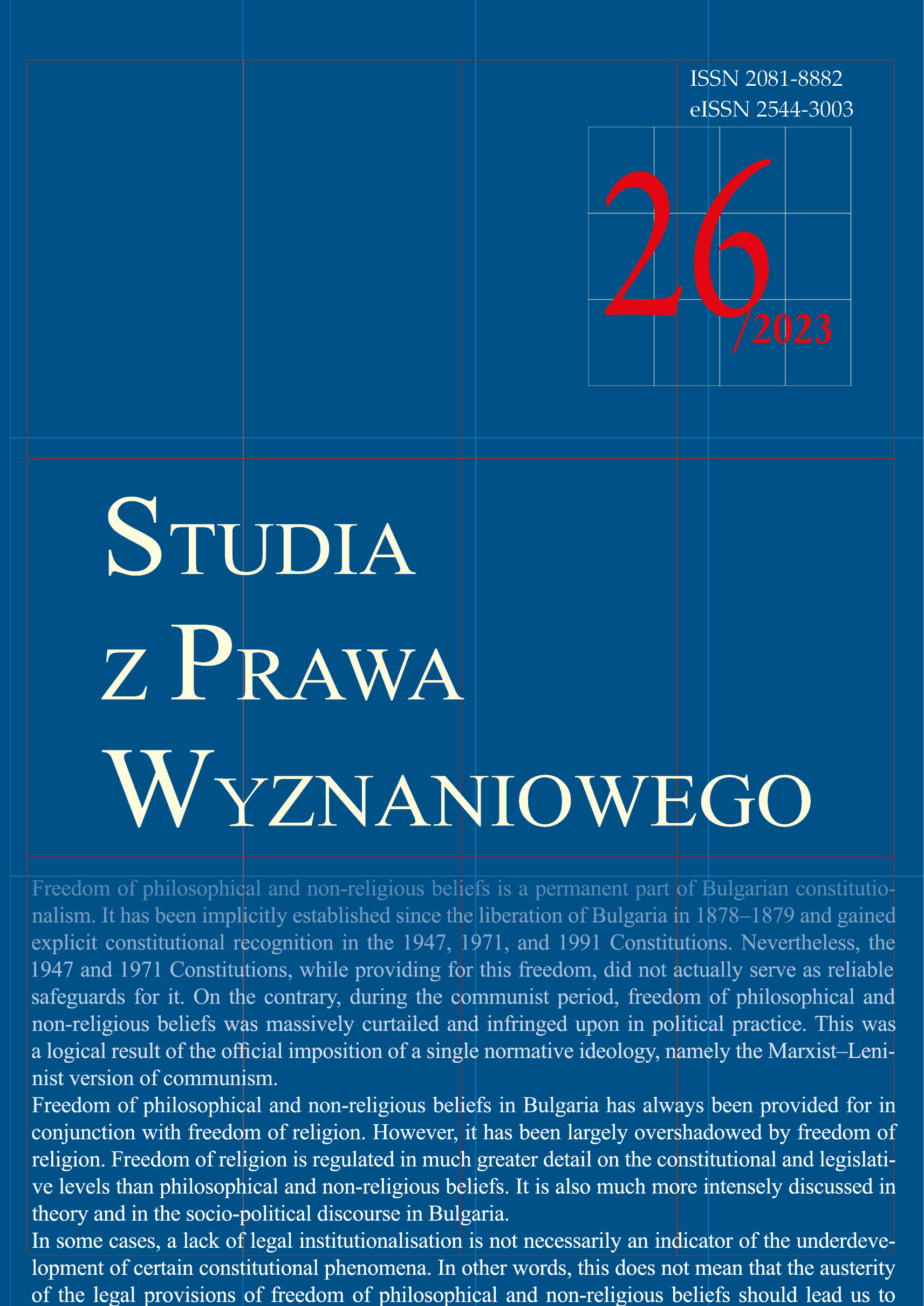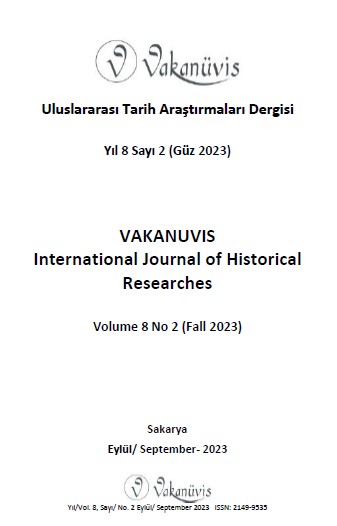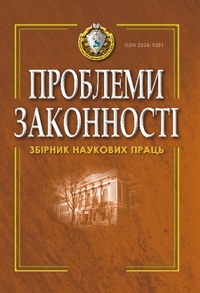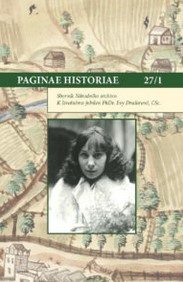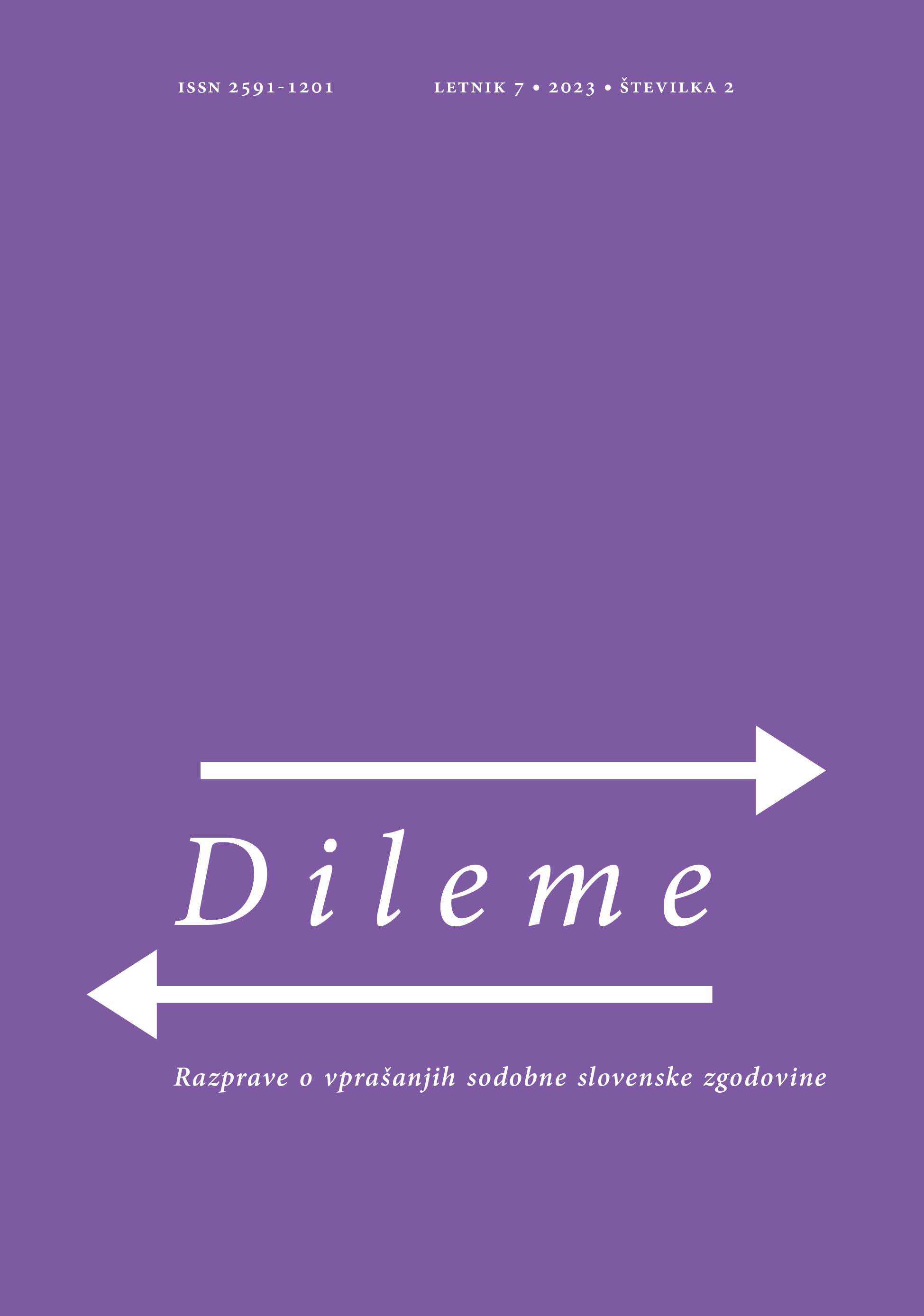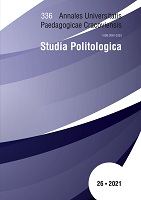
Ustawodawstwo antyalkoholowe na ziemiach polskich i za granicą z perspektywy polskojęzycznych periodyków abstynenckich z lat 1843-1914
The Polish-language abstinent periodicals appearing from 1843 in the Grand Duchy of Poznan, Galicia, and the Polish Kingdom, and issued abroad by the Polish communities (Germany, the United States), did not enjoy much interest among historians, medical historians, or press experts. Only recently have they been the subject of a monographic study. In addition, the abstinence press can also be a source of valuable information for legal historians. The creators of these articles wrote, among others, about the anti-alcohol legislation in the Polish territories of the three partitions and in the rest of the world. They informed readers not only of the well-known and disseminated prohibition, but also less well-known decisions of the authorities regulating the production, sale, export, import, and consumption of alcohol, such as ‘lokalopacja’, the Pollard system, or the Göteborg system. In Poland, at that time, the monopoly of alcohol sales or propination also did not escape the attention of the creators of these abstinent periodicals.
More...
